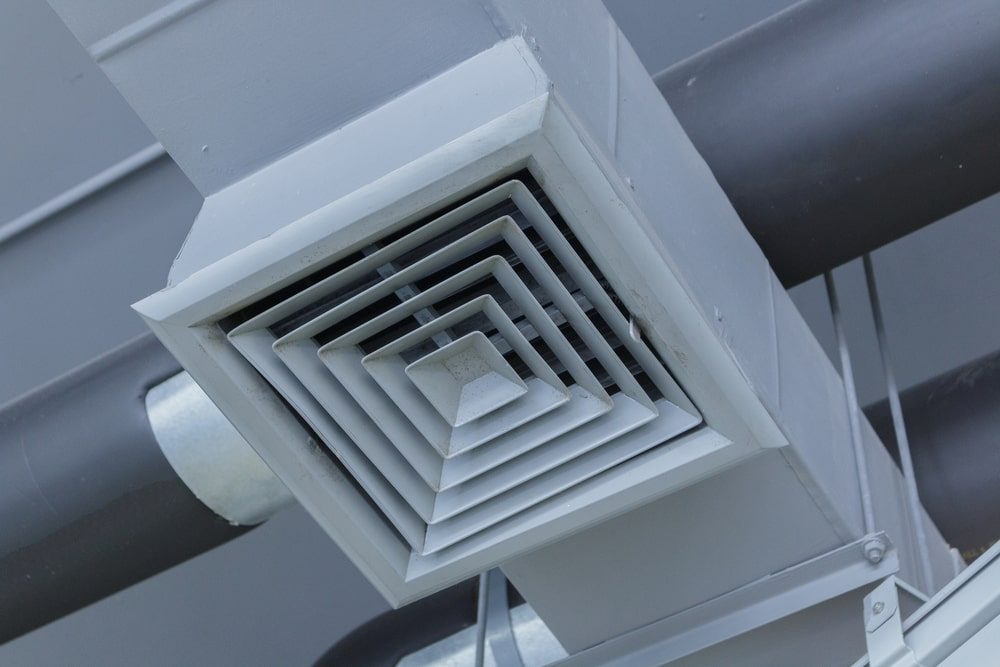
At The Otter Guys, we’ve had years of experience in air conditioning, and this is not the first transition that’s happened as the industry looks to improve efficiency while working with less environmentally- hazardous materials. You might have heard that freon, also known as R-22, was phased out, starting by being removed from all new cars in 1995. It was then stopped being used in any new HVAC systems in 2010, and was fully banned from production in 2020.
The newer refrigerants are more environmentally friendly, but they have different properties. That means some of them work under higher pressure, for example, and there’s not a lot of compatibility between systems, or opportunities to just “retrofit” your older HVAC system to work with these newer refrigerants.

What Does This Mean For My Current Air Conditioner?
Your current HVAC system is likely fine- there’s nothing to worry about. Your AC isn’t being recalled or outlawed.
However, if you have an older HVAC system using refrigerants that are being phased out, repairs might start to get more expensive. These refrigerants will no longer be manufactured. it will begin to become more difficult to get the refrigerant your system uses, meaning longer wait times for repairs, and it will start to become more expensive as supplies dwindle.
As a homeowner, this means that simple repairs and “recharges” if you get a refrigerant leak are likely to get more expensive, and this will be a factor to consider when it’s getting to be time to replace your air conditioning.
The new regulations regarding refrigerants don’t affect your current system, and you can continue to enjoy it and get it serviced until it reaches the end of its lifespan.
Why Are these refrigerants, called Freon And Puron Being Phased Out?
As part of the American Innovation and Manufacturing Act of 2020, new requirements were established for refrigerants used in AC and heat pumps, to use less harmful chemicals, and to reduce the impact of refrigerants on global warming.
What you need to know:
If you need to replace your Air Conditioning in the next year, ask about the equipment being installed and what refrigerant it uses. All new equipment manufactured starting in January, 2025 will need to use the new refrigerants. Older systems manufactured before Jan 1, 2025 will still be able to be installed until Jan 1, 2026.
That means there is still plenty of equipment on the market that uses the old refrigerants, but when the system will need repairs years from now, it may be harder to get the refrigerant you need, making repairs on an older system more expensive. That means 12-15 years from now, repairs may be difficult, and you might need to replace your system then, since repairs may be difficult and expensive to the point where you might need to consider replacing the system again. It may mean a great deal on a system today, but more expense, or a shorter replacement cycle down the line. That’s why asking questions about the refrigerant and deciding what’s best for you and your budget, now and in the future, is important.

Why Is HVAC Refrigerant Changing?
Manufacturers are required to switch to refrigerants with lower global warming potential by Jan 1, 2025. These new refrigerants are often referred to as A2L’s.
Window Air Conditioners using the old refrigerant have a final sale date of Jan 1, 2028, so this phase out will be happening in stages.
This change in refrigerant will mean a change in design of systems and safety features required. This mostly impacts your HVAC company, as we learn how to install these new systems and their added safety features to help reduce refrigerant leaks. Manufacturers will likely be adding leak detectors to new equipment, which will help identify if any leaks have developed and be able to repair them quickly.
As this change over occurs, there could be supply chain issues that arise. As the equipment and refrigerant changeover occurs, we don’t yet know what that will do to the supply and demand of new systems. Based on what happened when they phased out Freon a number of years ago, there could be temporary spikes in pricing based on availability of equipment during the transition.
Repair Or Replace Your AC?
If you have an older air conditioning system that uses these old refrigerants, it means you may have to start thinking about a replacement. Like we said already, if your AC is working fine and having no issues, keep using it! In this case you may want to upgrade if you want to improve your energy efficiency, or simply get ahead of the curve with a new system.
If you have an older air conditioner that needs a repair though, this is when you will want to consider a replacement. Chances are you are sinking money into a failing system that uses refrigerants that will only become harder to come by and more expensive.
Newer air conditioners are way more efficient than older systems and they are more environmentally friendly. A new system may be an up front investment, but in the long run, it’s going to bring your monthly energy bills down. And if you get a system using the newer refrigerants, you will have more opportunity to repair the system in the future.
If your AC uses Freon (R-22) or Puron and needs a repair, we recommend that you get an estimate for a new system. It doesn’t hurt to see what it would cost to replace, and with the rebates and tax credits available on new HVAC equipment, it may be more cost effective to go that route.
This means as a homeowner, it may benefit you to try to plan ahead if you think you might need to replace your AC system, so you are not affected by artificially high pricing during a period of high demand.





